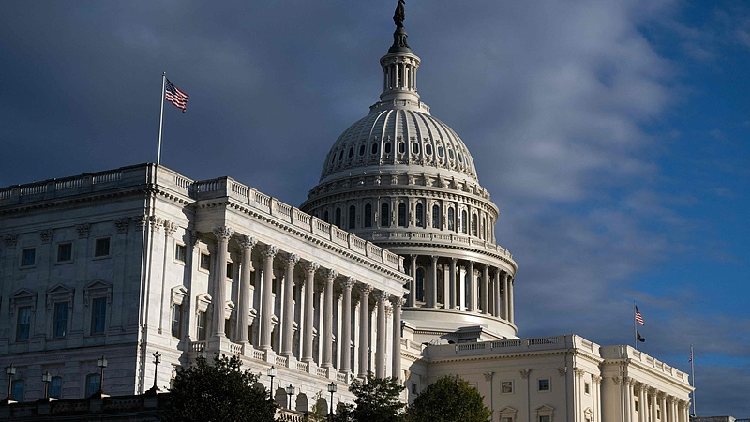U.S. tariffs 'for fentanyl' breach WTO regulations
The article discusses how U.S. tariffs imposed in response to fentanyl issues are in conflict with World Trade Organization (WTO) regulations. It analyzes the implications of these tariffs on international trade and the potential legal challenges that could arise as a result of violating established WTO rules.

The United States' decision to impose additional tariffs on China regarding the fentanyl issue appears to be a justified effort to protect public health and safety. However, from the viewpoint of international trade law, these tariffs lack solid justification for exemption under the World Trade Organization legal framework.
The extra tariffs from the U.S. overlook key WTO obligations, including most-favored-nation treatment and the schedule of concessions. Although the U.S. may reference Section 301 of its Trade Act of 1974 or Section 232 of its Trade Expansion Act as rationales for its unilateral actions, these domestic legal provisions do not provide immunity from WTO commitments.
To successfully cite the exception clauses under the General Agreement on Tariffs and Trade, specifically Articles XX and XXI, the U.S. is required to demonstrate that its tariff measures are necessary and do not involve arbitrary or unjustifiable discrimination in international trade. Based on current WTO rulings and rule interpretations, it seems unlikely that the U.S. can defend its actions using either the general exception or the national security exception.
If the U.S. carries on with these measures, affected members may initiate consultations within the WTO, request the establishment of a panel for adjudication, or pursue trade retaliation in accordance with the Understanding on Rules and Procedures Governing the Settlement of Disputes. In light of the current global economic context, unilateral tariff measures by the U.S. will further destabilize and complicate the multilateral trading system.
Moreover, tying public health issues to tariff pressures will not enhance drug flow control or transnational law enforcement collaboration. Instead, it will exacerbate political tensions and obstruct effective governance founded on dialogue and cooperation. A more viable approach would involve comprehensive strategies with shared responsibilities, such as reducing drug demand, cooperating in cross-border law enforcement, and strengthening multilateral partnerships for a more constructive approach to global counternarcotics governance.
As a responsible major nation, China enforces stringent controls over drug production, trafficking, and abuse. The ongoing China-U.S. counternarcotics cooperation exemplifies the appropriate path to addressing the fentanyl crisis. A stubborn U.S. that relies on unilateral measures will inevitably destabilize the authority and consistency of the multilateral trading system, undermining efforts to collaboratively respond to global challenges in an interconnected world. Furthermore, unilateral tariff actions do not effectively tackle the root causes of the fentanyl crisis in the U.S. Major countries should act in accordance with their status and refrain from counterproductive measures.
Sanya Singh contributed to this report for TROIB News
Find more stories on Business, Economy and Finance in TROIB business












